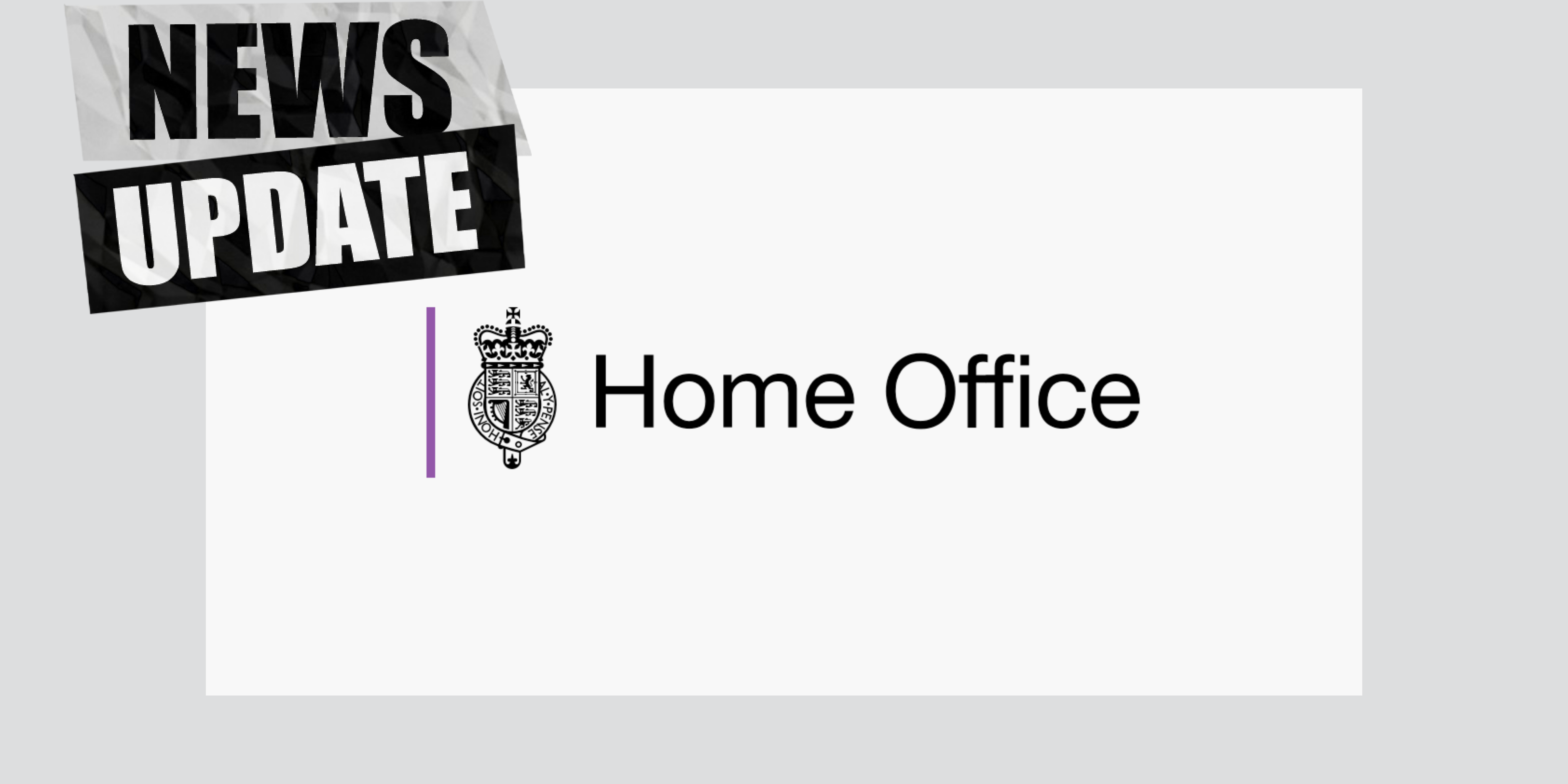Universities have made a record number of offers this year as vice-chancellors scramble to fill places amid a spiralling funding crisis.
More than two million offers were handed out to people applying for UK undergraduate courses starting this September, up 74,000 compared to last year and marking a 9 per cent jump since 2023.
It means more than nine in 10 people who applied for British university degrees before the January deadline this year have secured at least one offer.
International students saw the highest rise in their overall offer rate, with almost two-thirds – or 64 per cent – of individual university applications proving successful. It is up from 59 per cent last year and 55 per cent in 2023.
British teenagers will go into this summer’s A-level results day more confident than last year’s cohort, as the UK 18-year-old offer rate also rose, although marginally.
Students can apply for up to five university courses through UCAS, with 80 per cent of entries from British Year 13 pupils resulting in an offer this year, up 1.2 per cent compared to 2024.
It comes despite the application rate amongst UK 18-year-olds declining this year, suggesting universities have been more generous in handing out offers as they clamber to fill seats.
Many institutions are grappling with worsening financial problems following a drop in overseas students and years of frozen tuition fees, with The Telegraph revealing earlier this year that a record 43 per cent are now in deficit.
Nick Hillman, director of the Higher Education Policy Institute (Hepi) think tank, told PA: “Universities nearly always prefer to fill their places than to have to close courses or make staff redundant, so I am not surprised that they are in such a scramble for students.
“Universities currently lose money on average on each home student, but if you can enrol a few more students in lots of your courses, then fewer of your courses will make a financial loss.”
The Government announced last year that tuition fees for UK students will rise from September for the first time in eight years.
Bridget Phillipson, the Education Secretary, confirmed the annual price of a degree will increase from the current £9,250 to £9,535 to help reverse the eroding value of domestic tuition fees, which have remained frozen since 2017.
But vice-chancellors have warned the move will only go a small way in helping universities through the current crisis, after a dramatic drop in lucrative international students dealt a hammer blow to their finances.
Universities have been rushing in recent months to boost their attraction to prospective foreign students, who typically pay much higher tuition fees than those from the UK.
UCAS data published on Thursday showed the efforts may have begun to pay off, with huge rises in applications from some countries.
It includes a 14 per cent increase in applications from the US, which may be in part driven by President Donald Trump’s attack on America’s top universities.
Mr Trump has slashed funding for many elite US colleges, which he claimed have become hotbeds for ideological indoctrination.
It has meant many American universities are now under pressure to bow to Mr Trump’s demands for fear of losing research grants and other funding.
The US leader said he wants to grant the federal government the power to vet admissions and influence hiring, and has also ramped up security checks on foreign student visas.
Meanwhile, undergraduate applications from China jumped 10 per cent this year to hit a record 33,870, despite the growing popularity and reputation of Beijing’s domestic universities.
Nigerian applications to UK undergraduate degrees also rose by 23 per cent, in what will prove a lifeline for UK universities, which are highly dependent on students from the country.
There were fears that a Nigerian currency crisis, which pushed the naira to an all-time low against the dollar last year, could deter applications and place some British universities under significant financial pressure.
The Telegraph revealed last year that Nigerian students make up more than a quarter of the postgraduate student population at some UK institutions, including Robert Gordon University and the University of Bradford.
UCAS data primarily covers undergraduate degrees, but most international students come to the UK to study postgraduate courses.
The latest figures suggest overseas students may be increasingly opting for undergraduate degrees in Britain following a crackdown on postgraduates being allowed to bring family members with them.
The previous Conservative government imposed a ban on foreign student dependent visas for most postgraduate students, with a small number of exceptions, including for PhD students.
International students enrolling on UK undergraduate courses are unable to bring family members with them in most cases, but the ban on student dependents may have reduced the attraction of postgraduate courses.



